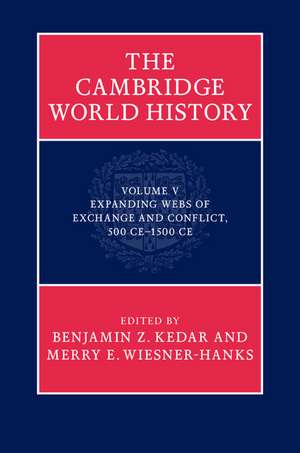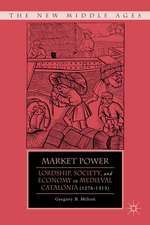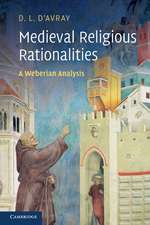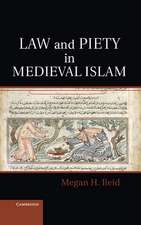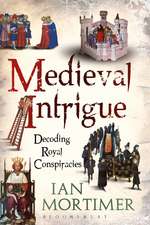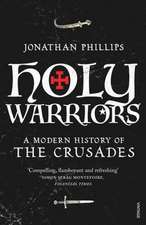The Cambridge World History: The Cambridge World History
Editat de Benjamin Z. Kedar, Merry E. Wiesner-Hanksen Limba Engleză Hardback – 8 apr 2015
Preț: 915.31 lei
Preț vechi: 1188.71 lei
-23% Nou
Puncte Express: 1373
Preț estimativ în valută:
175.17€ • 182.20$ • 144.61£
175.17€ • 182.20$ • 144.61£
Carte tipărită la comandă
Livrare economică 14-28 aprilie
Preluare comenzi: 021 569.72.76
Specificații
ISBN-13: 9780521190749
ISBN-10: 0521190746
Pagini: 748
Ilustrații: 23 b/w illus. 25 maps 3 tables
Dimensiuni: 160 x 235 x 33 mm
Greutate: 1.29 kg
Editura: Cambridge University Press
Colecția Cambridge University Press
Seria The Cambridge World History
Locul publicării:Cambridge, United Kingdom
ISBN-10: 0521190746
Pagini: 748
Ilustrații: 23 b/w illus. 25 maps 3 tables
Dimensiuni: 160 x 235 x 33 mm
Greutate: 1.29 kg
Editura: Cambridge University Press
Colecția Cambridge University Press
Seria The Cambridge World History
Locul publicării:Cambridge, United Kingdom
Cuprins
1. Introduction Benjamin Z. Kedar and Merry E. Wiesner-Hanks; Part I. Global Developments: 2. Humans and the environment: tension and co-evolution Joachim Radkau; 3. Women, family, gender, and sexuality Susan Stuard; 4. Society: hierarchy and solidarity Susan Reynolds; 5. Educational institutions Linda Walton; 6. Warfare Clifford Rogers; Part II. Eurasian Commonalities: 7. Courtly cultures: Western Europe, Byzantium, the Islamic world, India, China, and Japan Patrick Geary, Daud Ali, Paul S. Atkins, Michael Cooperson, Rita Costa Gomes, Paul Dutton, Gert Melville, Claudia Rapp, Karl-Heinz Spieß, Stephen West and Pauline Yu; 8. The age of trans-regional reorientations: cultural crystallization and transformation in the tenth to thirteenth centuries Björn Wittrock; Part III. Growing Interactions: 9. Trade and commerce across Afro-Eurasia Richard Smith; 10. European and Mediterranean trade networks Michel Balard; 11. Trading partners across the Indian Ocean: the making of maritime communities Himanshu Ray; 12. Technology and innovation within expanding webs of exchange Dagmar Schaefer and Marcus Popplow; 13. The transmission of science and philosophy Charles Burnett; 14. Pastoral nomadic migrations and conquests Anatoly Khazanov; Part IV. Expanding Religious Systems: 15. The centrality of Islamic civilization Michael Cook; 16. Christendom's regional systems Miri Rubin; 17. The spread of Buddhism Tansen Sen; Part V. State Formations: 18. State formation and empire building Johann Arnason; 19. State formation in China from the Sui through the Song dynasties Richard von Glahn; 20. The Mongol empire and inter-civilizational exchange Michal Biran; 21. Byzantium Jean-Claude Cheynet; 22. Early polities of the Western Sudan David Conrad; 23. Mesoamerican state formation in the postclassic period Michael E. Smith; 24. State and religion in the Inca empire Sabine MacCormack; 25. 'Proto-globalization' and 'proto-glocalizations' in the middle millennium Diego Holstein.
Recenzii
'… the volumes in this series are tremendous resources. College professors or instructors should feel comfortable assigning undergraduate students essays from these volumes as reading materials. A huge amount of work has gone into producing these accurate and informative essays.' Graham Squires, World History Encyclopedia
Descriere
Global history of cross-cultural exchange and conquest, and the accompanying growth of states, religions, knowledge, and economic systems, between 500 and 1500 CE.
